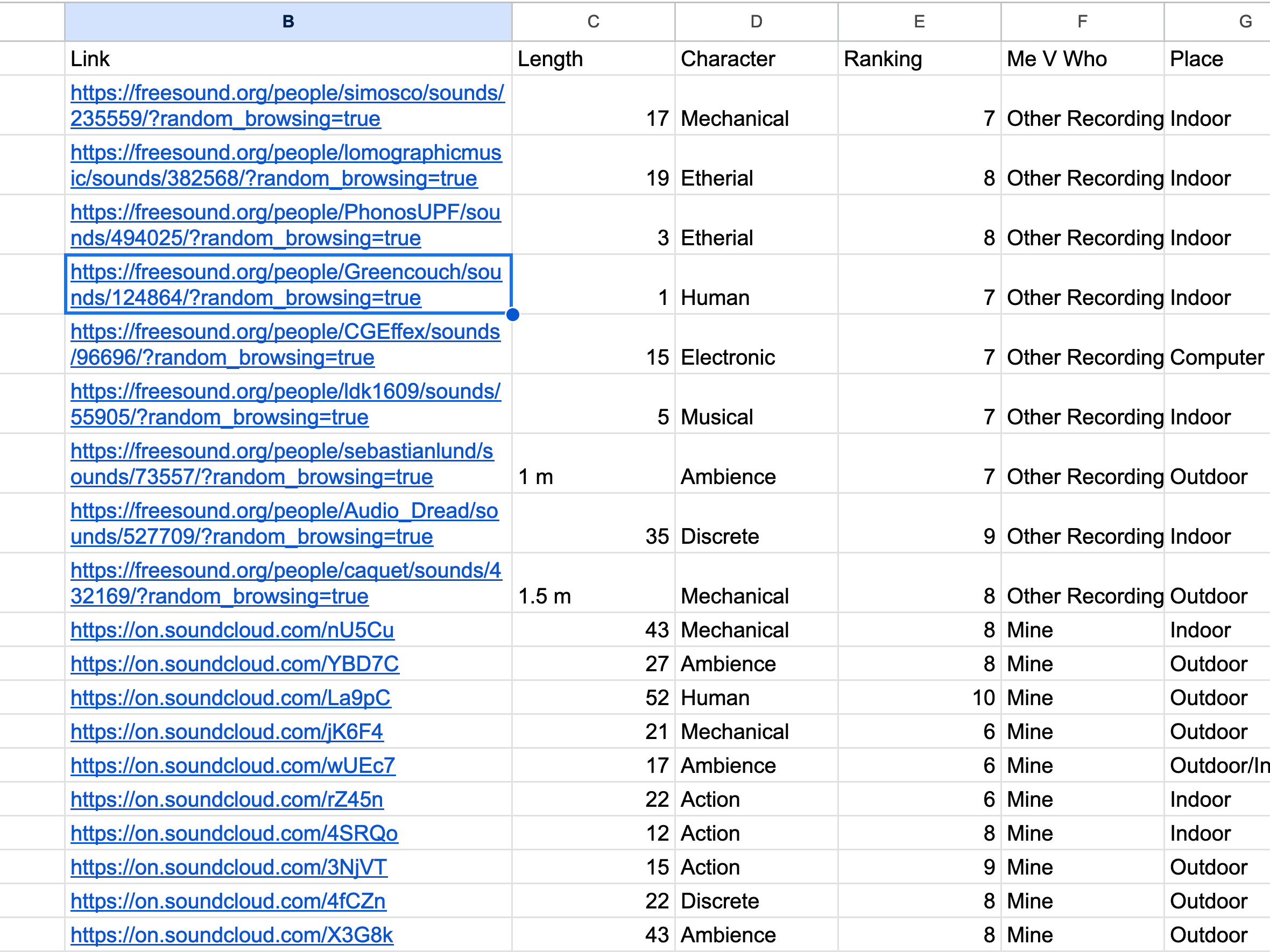Max Gibson
Sound
Prof. Miranda-Hardy
October 2, 2023
Reaction to Week Three Readings:
The quote that stood out to me was in the textbook on page 10 where it says: “Sounds transmitted to the brain follow two paths. One path carries sound to the auditory center, where it is perceived and interpreted. The other goes to the brain centers that affect the nervous system.” Although it is not the most revolutionary of revolutionary sentences within the context of the history of sound and the various philosophies and artists associated with it, it does pose quite a few interesting questions and ideas. First, how does this statement intertwine with the first week’s reading about the theory that sound exists primarily within the brain rather than being a property of an object, an instance, etc.. Although the above quote does describe two pathways that are both inside the brain, it essentially asserts that sound, and with it its qualities, are coming from an outside source. Furthermore, the above quote somewhat interferes with “Listening to Noise and Silence’s” theories of offloading sound, as the textbook suggests an entirely different way sound travels throughout the brain. I would very much love to learn about the different theories about how exactly sound operates within the brain.
Another interesting aspect of going to the nervous system is the relationship between the context of sounds and the reaction of the nervous system. The following paragraph after the above quote mentions “Loud sound taking the latter path can increase heart rate and blood pressure, constricting small blood vessels…” I am curious about the nature of these sounds that directly affect the nervous system instead of being passed through other parts of the brain to create signals that would signify to the listener “danger.” For example, if someone yells “I’m going to kill you.” Obviously, it would create a reaction signal that would elicit some sort of flight or fight reaction, but the brain still has to decode the language and meaning of the phrase to determine that it is in fact dangerous. On this note, if human language cannot directly affect the bloodstream, does that mean only sounds that occur outside of language can have this effect?
What this all leads up to in my mind is if there is a way I could create sounds that could have this effect on the human nervous system. If so, would it have to be through some sort of fear or could it elicit another emotion? Furthermore, is attempting this ethical?

